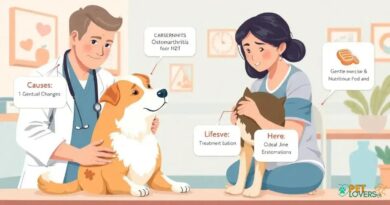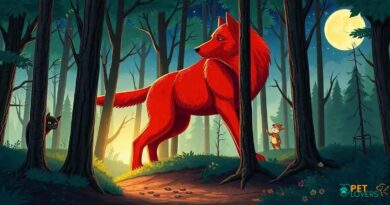O que é Licenciamento
What is Licensing?
Licensing refers to the legal permission granted by a licensor to a licensee, allowing the licensee to use, produce, or sell products or services that are protected by intellectual property rights. In the context of the pet industry, particularly concerning dogs, licensing can involve the use of brand names, logos, and characters associated with canine products or services. This arrangement is crucial for businesses looking to expand their market reach while ensuring that they comply with legal standards.
The Importance of Licensing in the Dog Industry
Licensing plays a vital role in the dog industry by enabling companies to leverage established brands and intellectual property. For instance, a dog toy manufacturer may obtain a license to produce toys featuring popular cartoon characters. This not only enhances the product’s appeal but also provides a competitive edge in a crowded marketplace. By associating with well-known brands, businesses can attract more customers and increase sales.
Types of Licensing Agreements
There are various types of licensing agreements in the dog sector, including trademark licensing, copyright licensing, and patent licensing. Trademark licensing allows a company to use a brand’s logo or name, while copyright licensing pertains to the use of creative works, such as artwork or written content related to dogs. Patent licensing, on the other hand, involves the use of patented inventions or processes that can improve dog products, such as innovative grooming tools or training devices.
How to Obtain a License
Obtaining a license typically involves negotiating terms with the licensor, which may include royalty fees, duration of the agreement, and specific usage rights. Companies interested in licensing must conduct thorough research to identify potential licensors whose brands align with their products. Once a suitable partner is found, a formal agreement is drafted, outlining the responsibilities and expectations of both parties.
Benefits of Licensing for Dog Products
Licensing offers numerous benefits for businesses in the dog product market. It allows companies to tap into established customer bases and brand loyalty, reducing the time and resources needed for marketing. Additionally, licensed products often enjoy higher perceived value, leading to increased sales and profitability. By offering licensed merchandise, businesses can also diversify their product lines, catering to various customer preferences.
Challenges in Licensing
While licensing can be advantageous, it also presents challenges. Companies must ensure they adhere to the terms of the licensing agreement, which can sometimes be complex. Failing to comply with these terms can result in legal disputes or the loss of the license. Furthermore, businesses must maintain the quality and standards expected by the licensor, as any negative feedback can impact both parties’ reputations.
Trends in Dog Licensing
The dog industry is witnessing emerging trends in licensing, particularly with the rise of social media influencers and pet celebrities. Brands are increasingly collaborating with popular pet influencers to create licensed products that resonate with their followers. This trend not only boosts brand visibility but also fosters a sense of community among pet owners, driving engagement and sales.
Global Licensing Opportunities
Licensing is not limited to local markets; it offers global opportunities for businesses in the dog sector. Companies can expand their reach by obtaining licenses for international brands, allowing them to introduce popular products to new markets. This global approach can significantly enhance a company’s growth potential and brand recognition on an international scale.
Future of Licensing in the Dog Industry
As the dog industry continues to evolve, the future of licensing looks promising. With advancements in technology and changing consumer preferences, businesses must stay ahead of trends to capitalize on licensing opportunities. Innovations such as augmented reality experiences for dog products or eco-friendly licensed merchandise are likely to shape the future landscape of licensing in this vibrant market.



